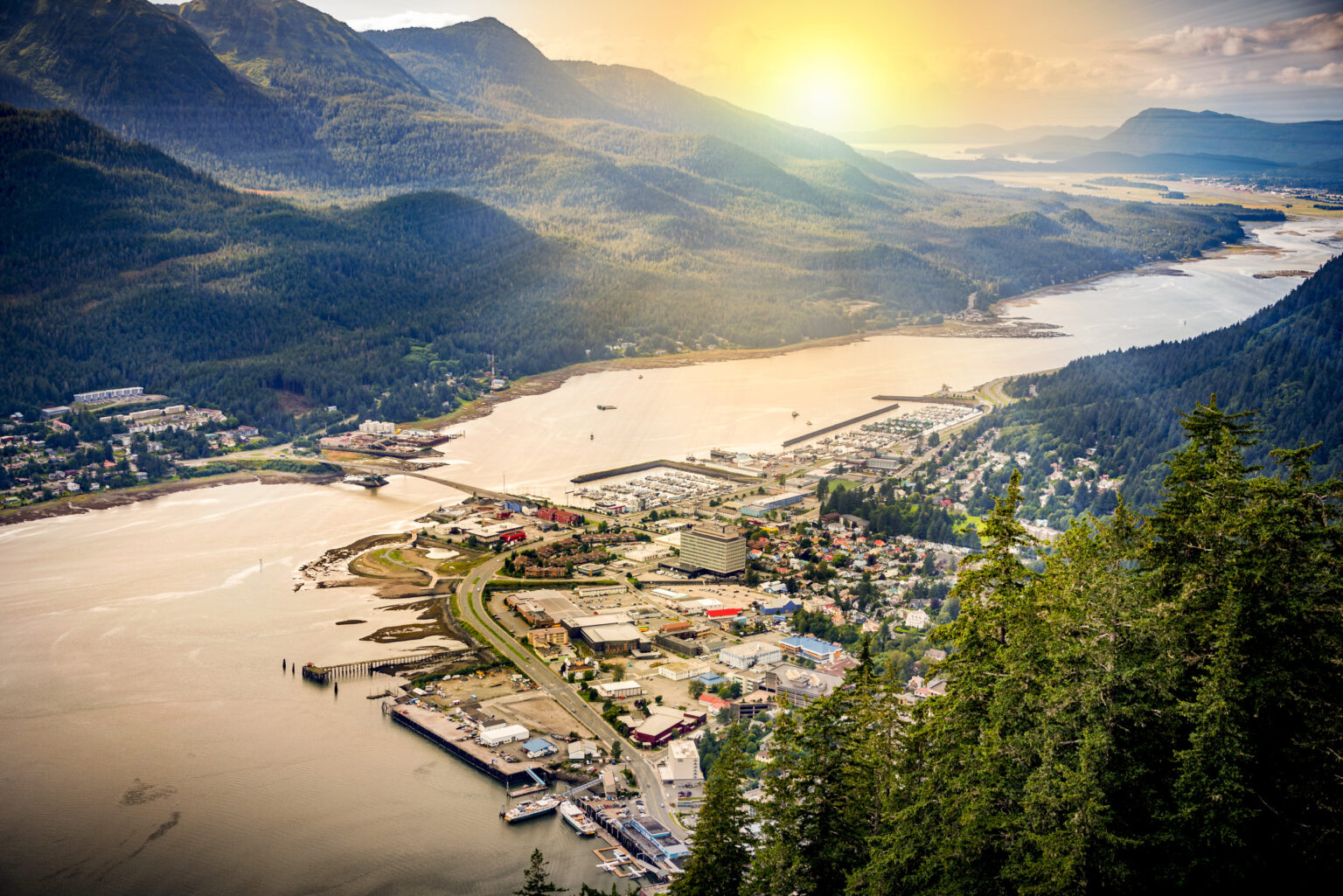As the west coast of Florida braces for Hurricane Milton, a study shows that a city in southeast Alaska might be your best bet for avoiding natural disasters.
The Alaskan capital of Juneau took the top spot in a ranking of the “safest” cities in the U.S., based on their natural disaster risk, according to the study released Monday by WalletHub, the personal finance website.
Juneau was followed by Vancouver in Washington state, Anchorage in Alaska, Lewiston in Maine and Casper in Wyoming in the top five safest cities.
At the other end of the scale, four of the five cities ranking the lowest based on natural disaster risk were in Texas. Houston was followed by Arlington in Texas, Colorado Springs in Colorado, Grand Prairie in Texas and Irving in Texas.
The recent study comes as Hurricane Milton is expected to make landfall along Florida’s west-central coast on Wednesday night, before moving off the state’s east coast over the western Atlantic on Thursday, the National Hurricane Center (NHC) said Wednesday.
The National Weather Service warned that a “destructive, potentially catastrophic storm surge, very heavy rainfall, and a few tornadoes” were forecast to begin along the west coast on Wednesday afternoon and evening.
With maximum sustained winds near 145 mph and with higher gusts, “Milton is expected to remain an extremely dangerous major hurricane when it reaches the west-central coast of Florida tonight, and remain at hurricane strength while it moves across the Florida peninsula through Thursday,” the NHC warned on Wednesday.
“Gradual weakening is forecast while Milton moves eastward over the western Atlantic, and it is likely to become an extratropical storm by early Friday,” the NHC added.
The WalletHub study was based on data collected as of August 27 from various government agencies, including the U.S. Census Bureau, the Federal Emergency Management Agency and the U.S. Department of Housing and Urban Development.
The study compared 182 cities across three key criteria: natural disaster risk, home and community safety and financial safety. These three were evaluated using 41 key metrics of safety, and each of these was graded on a 100-point scale, with a score of 100 indicating the highest level of safety.
The metrics evaluated to determine a city’s natural disaster risk included the following:
- Earthquake risk index score
- Riverine flood risk index score
- Hail risk index score
- Hurricane storm-surge risk index score
- Tornado risk index score
- Wildfire risk index score
Each city’s weighted average across all 41 metrics was used to calculate the score for its overall ranking.
In addition to its ranking among cities with the lowest risk of natural disasters, Casper ranked as the “second-safest city” overall in the U.S., topped only by South Burlington in Vermont in the overall ranking of cities across all metrics.
The 182 cities examined in the study include the 150 most populated U.S. cities and at least two of the most populated cities in each state.
Explaining why the study ranked only 182 cities, as opposed to all cities in the U.S., a WalletHub spokesperson told Newsweek: “We chose this specific subset primarily due to data limitations,” adding that the researchers “aimed to provide a focused analysis that still captures a significant range of locations.”
“The selected cities include the most populated ones, as well as representation from each state, which we believe allows us to draw meaningful insights while maintaining manageable data quality,” the spokesperson said. “Additionally, we aimed to include cities of similar size as much as possible to ensure comparability across metrics.”
Do you have a travel-related video or story to share? Let us know via life@newsweek.com and your story could be featured in Newsweek.
Read the full article here

